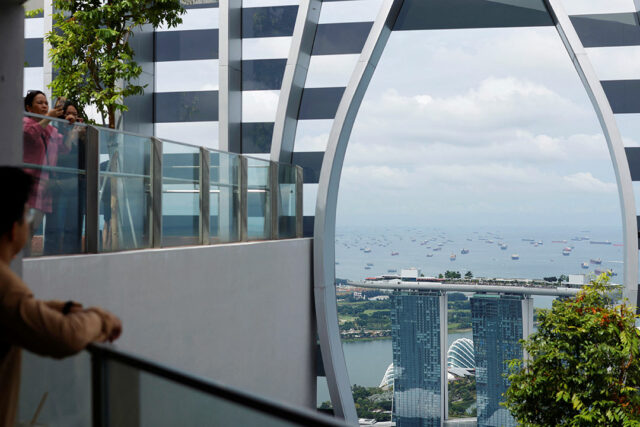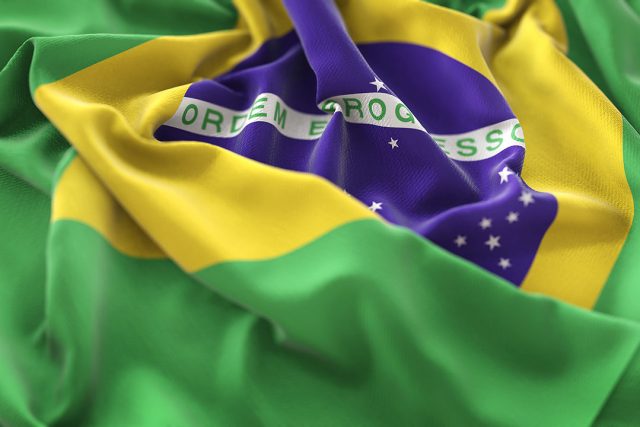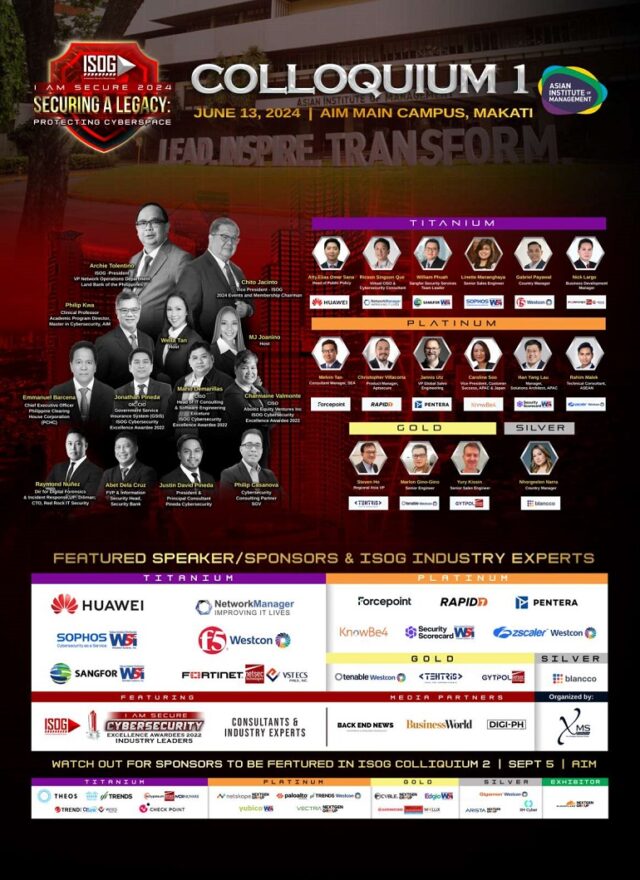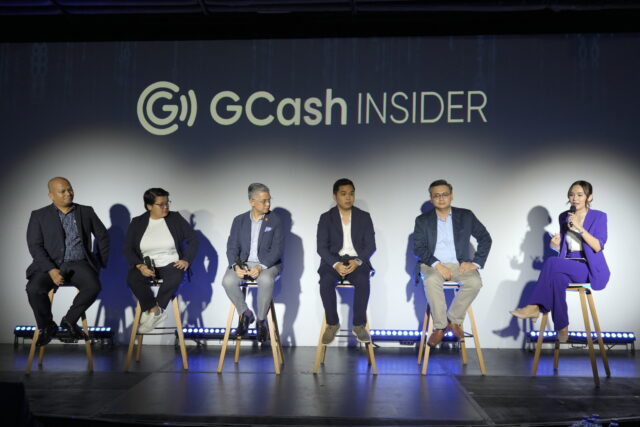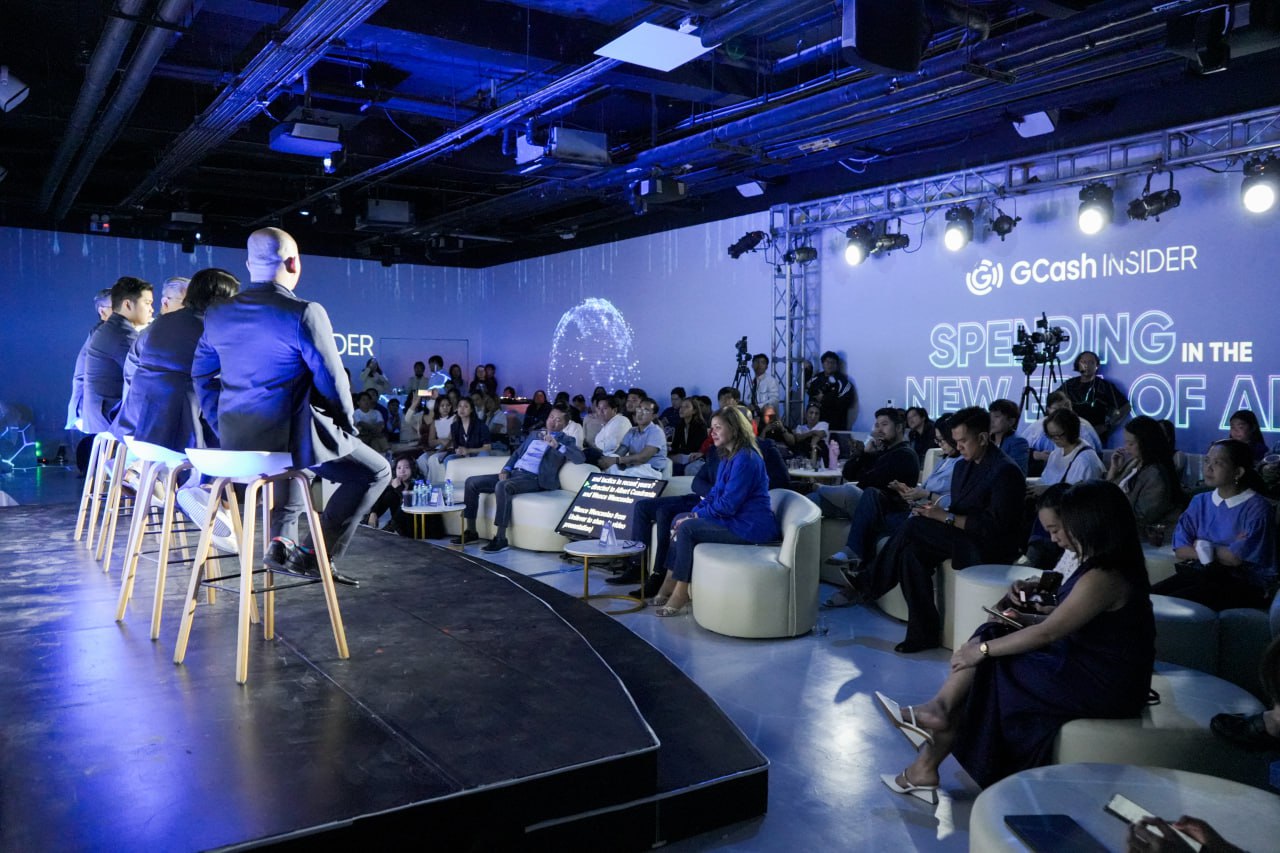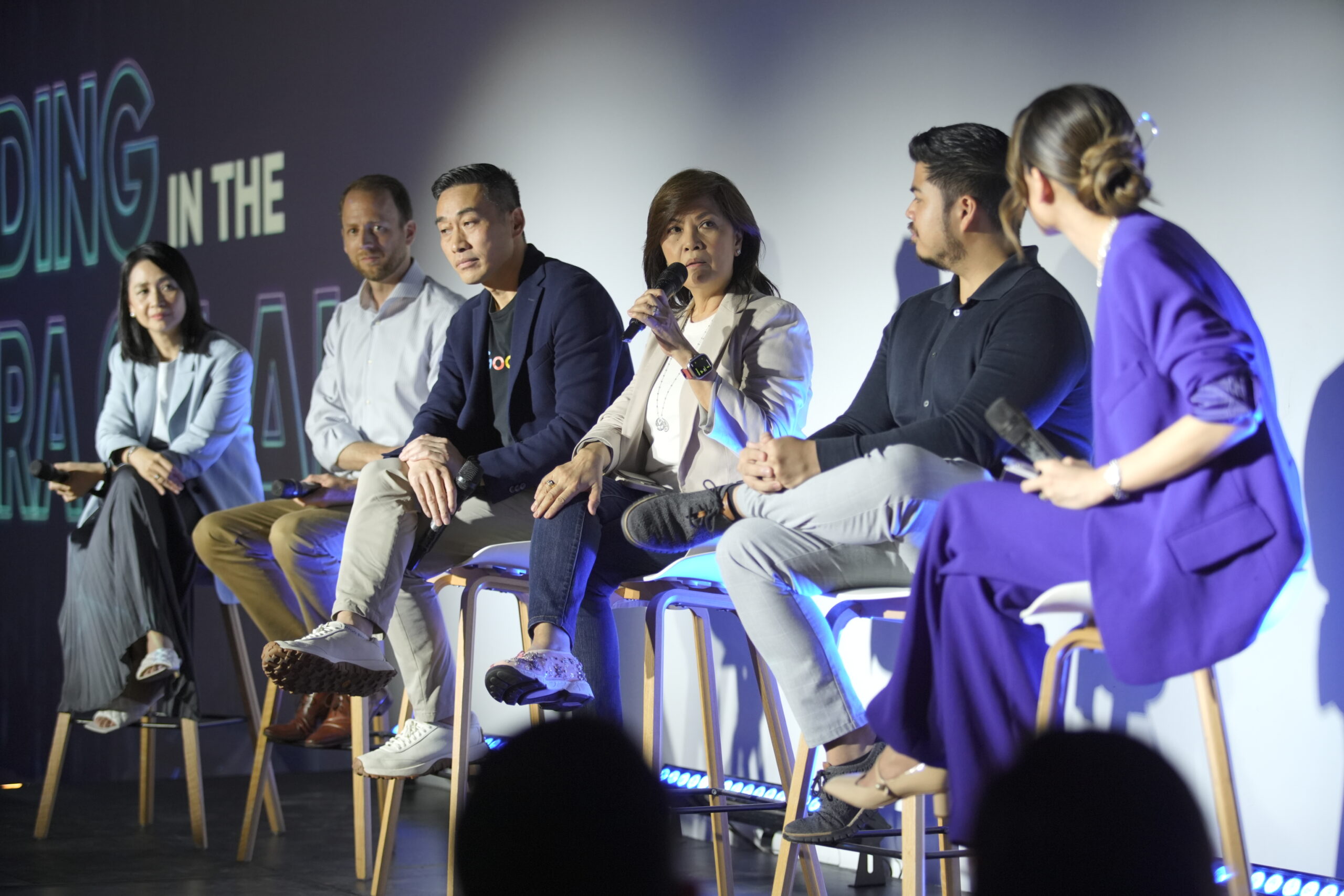Taxing super-rich debate should start with 2% levy, says economist behind plan
BRASILIA — An annual 2% levy on fortunes exceeding $1 billion is the starting point for a global discussion on raising the burden on under-taxed billionaires, French economist Gabriel Zucman said.
Mr. Zucman, who founded the independent European Union Tax Observatory, was commissioned by the Brazilian G20 presidency to present a report on the issue for discussion by finance ministers of the world’s 20 largest economies at a meeting in July.
“The goal of this blueprint is to offer a basis for political discussions — to start a conversation, not to end it,” Mr. Zucman wrote in the report released on Tuesday.
“It is for citizens to decide, through democratic deliberation and the vote, how taxation should be carried out.”
Mr. Zucman said during a news conference he hoped that such a tax could materialize in less than nine years, which is the time it took to agree a global minimum tax on multinational corporate profits, already implemented by several countries.
In addition to Brazil — which is Latin America’s largest economy — France, Spain, Colombia, Belgium and the African Union have backed the idea, along with South Africa, which will assume the G20 presidency next year.
However, German Finance Minister Christian Lindner said his country sees new components of a global tax agenda with great skepticism, while US Treasury Secretary Janet Yellen said the US could not support a global wealth levy.
Mr. Zucman, a professor at the Paris School of Economics and the University of California, Berkeley, said there are different ways to implement the idea, including the billionaire minimum income tax proposed in the US by President Joseph R. Biden, which targets individuals with more than $100 million in wealth.
This tax would subject the entire pre-tax return on wealth for ultra-high-net-worth Americans to a minimum individual tax rate of 25%, irrespective of whether the return comes from dividends, realized capital gains or unrealized gains.
Mr. Zucman wrote that, given observed rates of return, Mr. Biden’s proposal is more ambitious than the 2% international standard, as a 25% minimum tax applied to a gross return of 11.3% is equivalent to a minimum tax of 2.8% on wealth.
Implementing the global rule would raise $200 billion to $250 billion annually in tax revenue from about 3,000 individuals, the economist said, adding that extending the tax to those with over $100 million would generate an additional $100 billion to $140 billion.
The report indicates that from 1987 to 2024, the average wealth of the world’s top 0.0001% richest households has grown by around 7% per year adjusted for inflation, significantly outpacing the global average annual wealth growth rate of 3%.
“Billionaires and the businesses they own have been major beneficiaries of globalization. This raises the question of whether contemporary tax systems manage to distribute these gains appropriately, or instead contribute to concentrating them into a few hands,” Mr. Zucman wrote in the report. — Reuters



